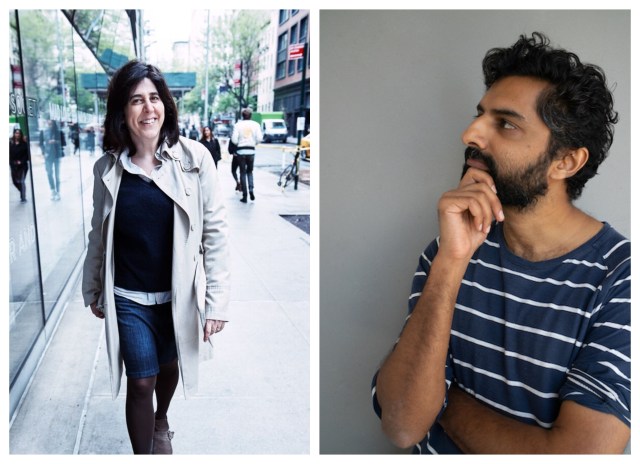A Look Back at 30+ Years of the Center for Public Scholarship
In 1988, Arien Mack had been editor of Social Research journal for almost 20 years when it occurred to her that organizing conferences would be one way to cultivate a wider audience, and a larger public voice, for the journal and The New School at large.
The topic of the first conference presented itself readily. Mack sets the scene for me in a Zoom discussion: In 1988, thousands of people were dying from AIDS, the U.S. government was not acting, and there was much public hysteria stoked by misinformation and prejudice. A conference situating the epidemic in social history seemed like “a calmer and more effective response to the problem,” says Mack. So Social Research presented a conference and attendant journal issue called “In Time of Plague: The History and Social Consequences of Lethal Epidemic Disease.”
Mack describes the conference as “very successful,” and it inaugurated a deeply involved series of conferences that then coalesced into the Center for Public Scholarship (CPS). Mack, Professor Emerita of Psychology and Director of the New University in Exile Consortium says this move followed the spirit of Alvin Johnson, co-founder and first president of The New School, who launched Social Research to provide the university with a public voice. CPS raised the money for the conference series with a mix of “work and luck,” as Mack tells it, and covered “a huge range of wonderful, fascinating subjects,” in her words. CPS also became one of several interdisciplinary centers and institutes at The New School for Social Research.

Now, after more than three decades of successful conferences and public lectures and events, CPS is wrapping up its programming.
Reflecting on standout conferences, Mack cited 2007’s “Punishment: The U.S. Record,” which invited professors of law, religion, and penal and social theory, as well as gathered writings from incarcerated individuals, to speak about the devastation wrought by mass incarceration in America.
In 2012, Mack established a branch of CPS called Public Voices, which sought to bring in singular, leading voices to discuss and think through the most urgent problems of the present. Mack fondly remembers a Public Voices event, one that “really mattered,” called “The Pros and Cons of US Universities Operating Campuses and Centers in Authoritarian Countries,” which discussed the extent to which universities with campuses in authoritarian countries are aiding and abetting, or complicit with, the oppressive regime.

CPS’s conference series attracted artists and academics alike. Mack says that the view of the Center was “very much to the outside, facing the world, trying to address these subjects” in “non technical, non academic,” but intellectual, terms. Poet John Hollander spoke at multiple conferences, including “Home, A Place in the World” in 1990, which approached the making and meaning of home amidst housing and migration crises, and one of Mack’s personal favorites, “In the Company of Animals” in 1995, which discussed animal rights and protections, our connection to them, their role in literature and religion, and more. A CPS conference on the artist’s necessary freedom of expression attracted artists such as Paul Chan, Ricardo Dominguez, Ai Weiwei, Shirin Neshat, and Chaw Ei Thein, and critics such as Holland Cotter. The 2019 conference, “Loyalty and Betrayal” coincided with The New School’s centennial celebration and featured a keynote address from Andrew McCabe, former Deputy Director of the FBI.
In 2020, CPS reissued the “In Time of Plague,” newly edited with analysis from experts on a wide range of subjects including, but not limited to, parallels between COVID-19 and the AIDS epidemic. Read a past Research Matters story on the issue, and listen to Mack discuss the issue below.
The penultimate CPS event, a panel on the future of higher education that was part of the investiture of New School President Dwight A. McBride, took place on October 6, 2021. While Mack planned the final CPS conference and latest Social Research issue well before the pandemic, “it couldn’t have been more timely,” says Mack. The subject? Loneliness. Read more about the event and register here.
As CPS wraps up, Mack will have more time to focus on the New University in Exile Consortium, an initiative she launched in 2018 to shelter, connect, and support scholars whose political views threaten their livelihoods, or their lives. She put it bluntly: The choice to close CPS was difficult because her heart was in it, “but all things being equal and life getting shorter and shorter,” raising money for the Consortium — they’re currently trying to bring at-risk Afghan artists to The New School — is an urgent priority.









